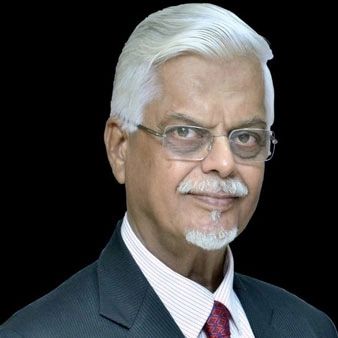Topic
Dr Sanjaya Baru On India's Power Elite: Class, Caste and a Cultural Revolution" In Conversation with Sunaina Kumar
On 28th 05.00 pm - 05:40 pm
India's Power Elite explores the nature of power and elitism in postcolonial India. Its starting point is India's political transition in the twenty-first century, with the Congress Party's marginalisation and the staging of a cultural revolution epitomised by the growth of Hindu majoritarianism. Baru dissects the morphology of India's power elite, which includes feudal gentry relics, kulaks, a metropolitan business class, civil servants, and a cultural elite of opinion-makers. He also looks at how caste, class, and culture had a role in forming a "New India." This book will appeal to both students and people in positions of power, as it is written for the socially engaged reader.
When The Accidental Prime Minister was first released, it was greeted with enthusiasm by readers who saw it as a window into the power dynamics in Lutyens' Delhi.' Most members of the "Delhi Durbar," on the other hand, chastised me for doing exactly that—opening a window to the outside after entering its entrance. This book examines the nature of Indian elites and their power, attempting to comprehend how political change brought about by the demise of the Congress and the emergence of the BJP is transforming the power elite's morphology. In contemporary India, I investigate the dynamics of political, economic, and cultural power.
